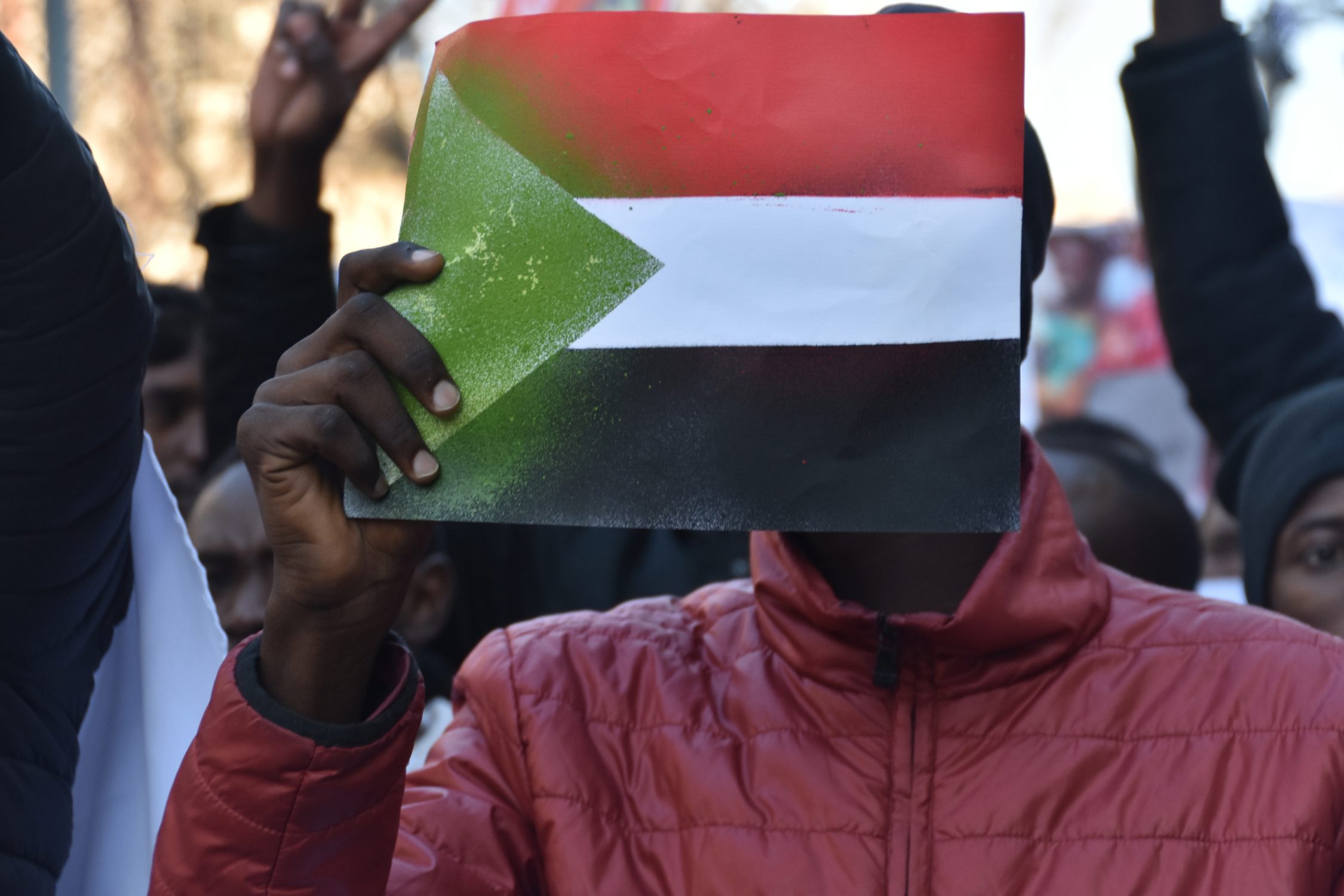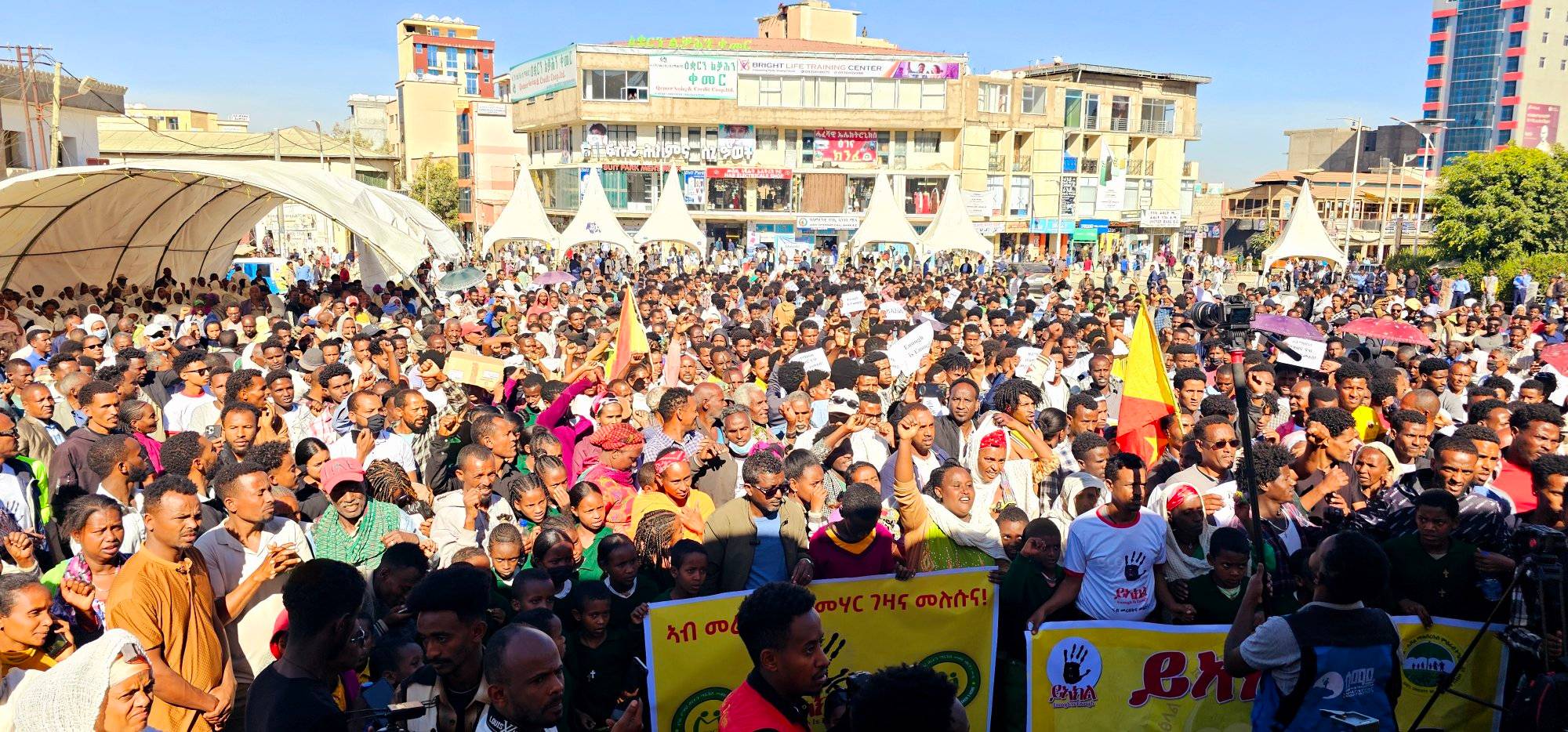On 11 November 2016, the World Peace Foundation held consultations in Addis Ababa with policymakers and experts on the proposed deployment of a ‘Regional Protection Force’ (RPF) for South Sudan. A policy memo summarizing those consultations is now available on the African Peace Missions website.
You can read an excerpt from the policy memo below.
The Need for a Political Strategy
The African Union, IGAD and their international partners need a political strategy for South Sudan. Several lessons can be learned from the experience of the last two years. In particular, two preconditions need to be met if the deployment of the RPF is to be meaningful.
- The unavoidable political interests of the neighboring states in the internal politics of South Sudan should be recognized and accommodated. Resolving major conflicts of interests among those states, notably between Sudan and Uganda, is a priority, because without any such resolution, there can be no internal political agreement in South Sudan.
- Stability is the precondition for everything else, including even the most modest transformative agenda. The first step in any political or security process should be establishing sufficient stability for South Sudanese to engage in a political forum that can deliberate upon the future of their country. This should not be confused with the illusory stability of the status quo in Juba.
If the RPF were to be deployed without these two preconditions being met, it would risk being at best irrelevant and at worst a liability for its sponsors and a contributor to the further political degeneration in South Sudan. There are numerous risks of negative unintended consequences following a premature or politically disengaged deployment. Among them are the danger that it would be co-opted by the GoRSS in a strategy of consolidating an unsustainable status quo; that it would become party to a proxy conflict between neighboring states or caught in the middle of such a conflict; that it would raise false expectations among the South Sudanese populace that it was there to protect them, leading to disillusion, resentment and loss of legitimacy when it disappointed; and that the operational presence of the RPF would become the main preoccupation of the international community, to the exclusion of the political resolution of the conflict itself.


